Tomorrow Will Be Better is a novel by Betty Smith that was first published in 1948. Best known for her classic novel A Tree Grows in Brooklyn, Betty Smith writes stories that are true-to-life and emotionally engrossing. The heroine of this coming-of-age story is Margy Shannon.
Margy has grown up in poverty, and she wants to escape her cruel, overbearing mother and her broken, overworked father. Margy believes that her fate will be different than that of her parents, and that she will make better choices than them. This hope that things will improve is one of the novel's themes.
After her high school graduation, Margy finds work as a mail order correspondent in an office managed by Mr. Prentiss. Mr. Prentiss is dominated by his mother, who prevents him from marrying by making him feel guilty. The mother-child relationship is a second theme of the novel. Margy dreams of being abandoned by her mother, Flo, but her mother denies ever leaving her. Instead of expressing her love for her daughter, Flo berates Margy and judges her harshly. Margy's independence in her new job is limited because her mother takes most of Margy's paycheck from her.
Later on, Margy marries Frankie Malone, thinking that marriage will bring her freedom and a better life. She's not in love with Frankie, but both want to escape from their families. Frankie's mother is possessive of her son and does not reach out to Margy. After her marriage, Margy quits her job, in keeping with tradition.
Instead of bringing her happiness, Margy’s marriage brings her isolation and further struggles with poverty. Frankie is uninterested in his wife, and Margy eventually realizes that he is gay and that her marriage is meaningless to him. When Margy tells Frankie she is pregnant, he is revolted and angry. She gives birth, alone, to a stillborn girl. Margy's grief and abandonment weigh upon her, and, finally, she angrily tells her mother and mother-in-law how she feels about them. Saddled with hospital bills and funeral costs, Margy proposes returning to work, but Frankie refuses.
At the end of the novel, Margy writes to Mr. Prentiss without her husband's permission, leaving the reader knowing that her marriage is over, and hoping that her life will improve. Though the future is uncertain for Margy, she continued to try and hope for a better tomorrow.
Purchase and read books by Betty Smith:
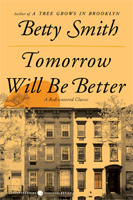

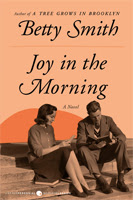
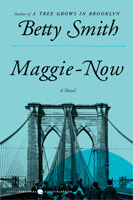
© penciledpage.com

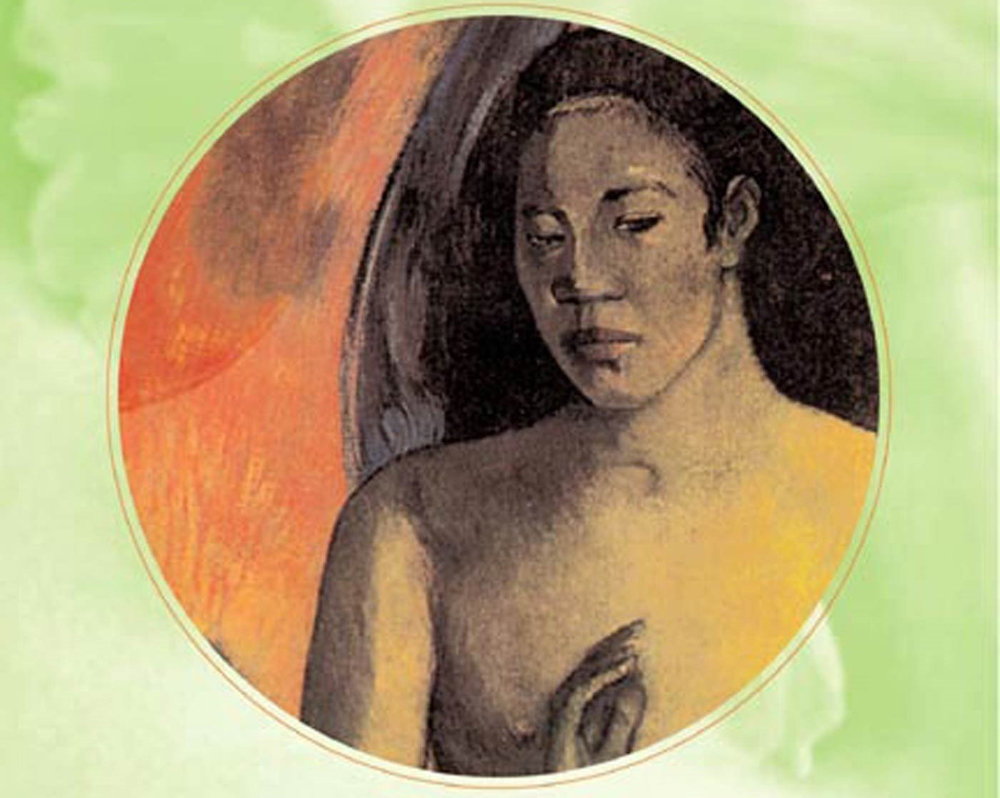
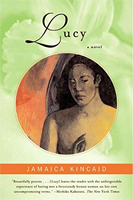
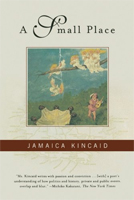

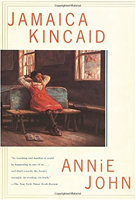



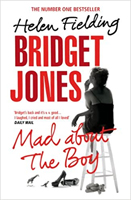
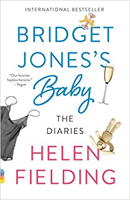
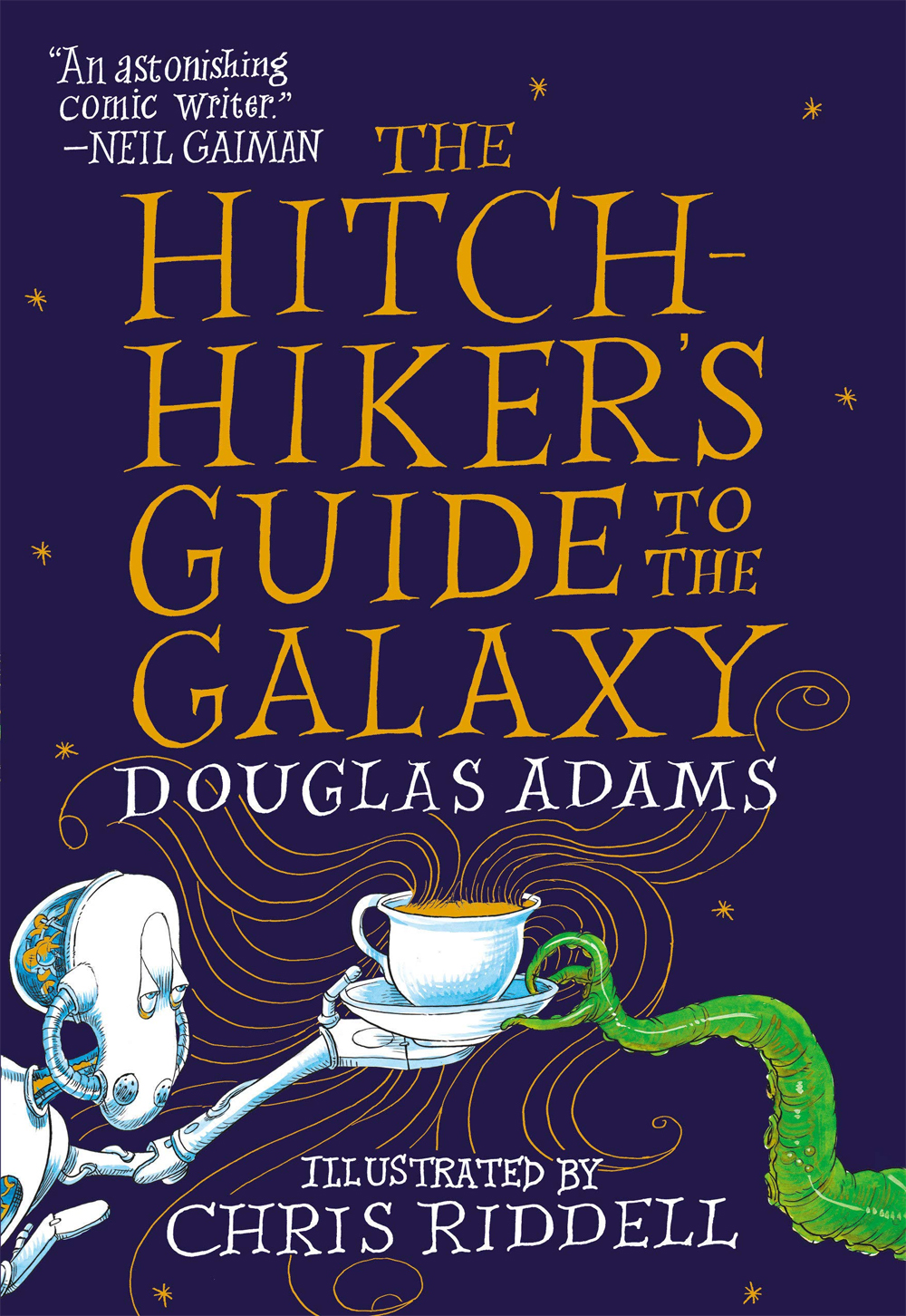


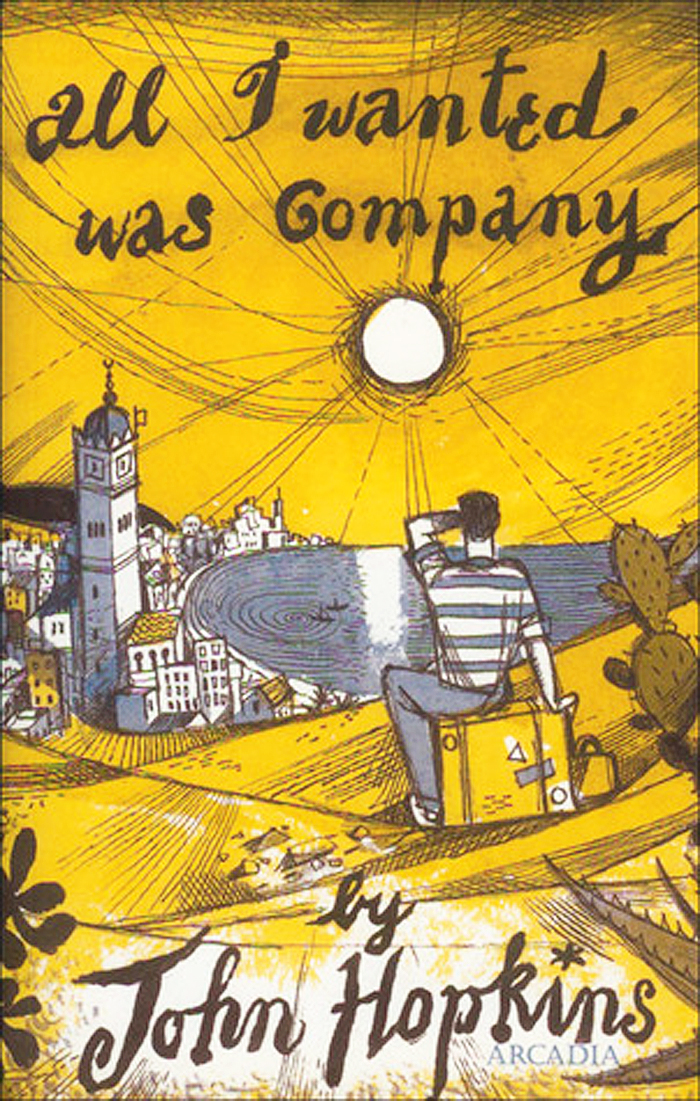



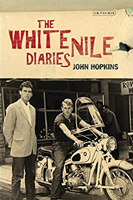
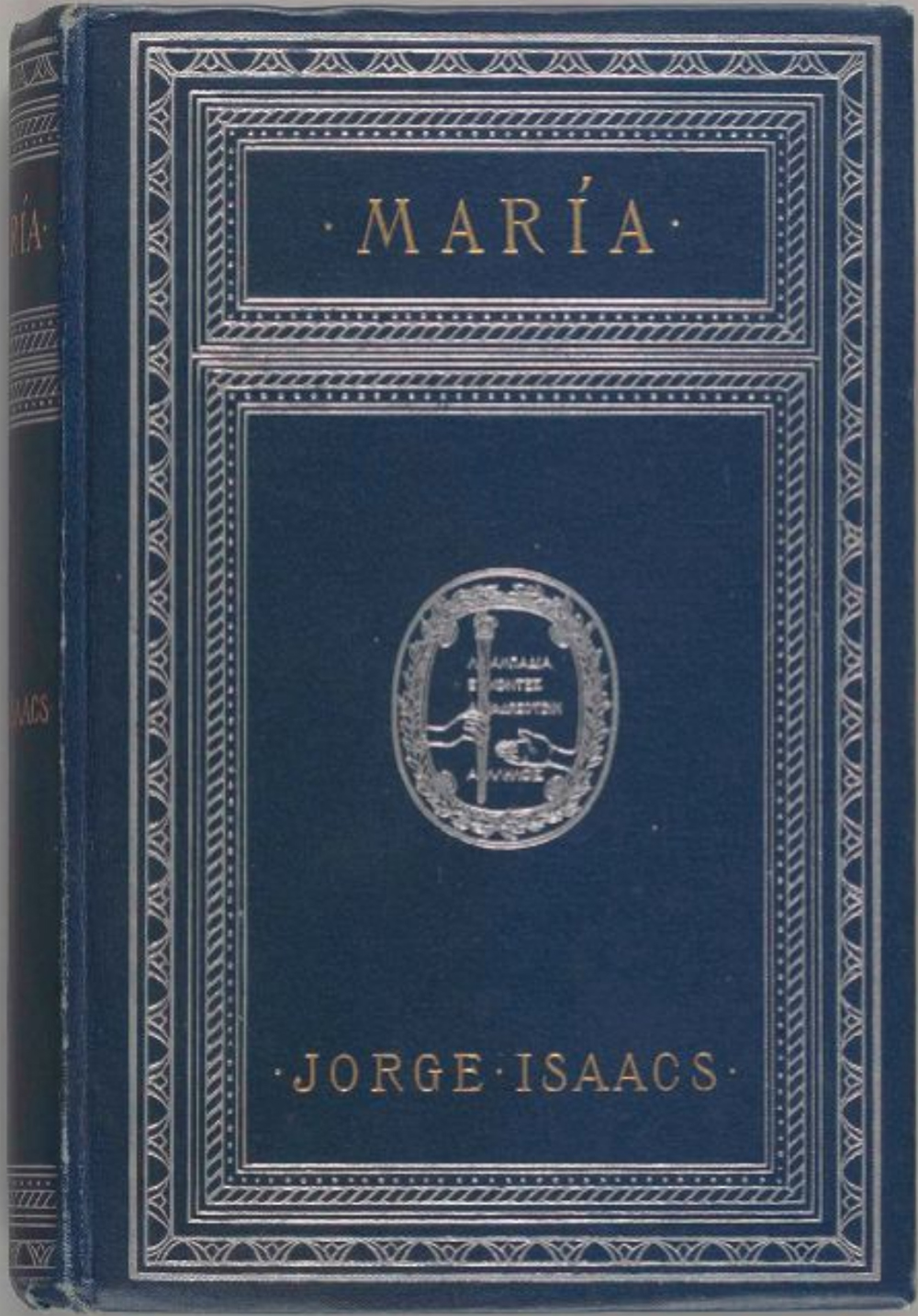




Search This Website